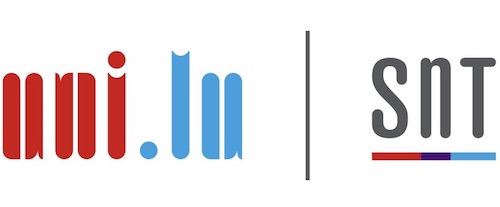“The simplest protocol for oblivious transfer” revisited
Interdisciplinary Research Group in Socio-technical Cybersecurity“The simplest protocol for oblivious transfer” revisitedZiya Alper Genç, Vincenzo Iovino, Alfredo RialAbstract:In 2015, Chou and Orlandi presented an oblivious transfer protocol that already drew a lot of attention both from theorists and practitioners due to its extreme simplicity and high efficiency. Chou and Orlandi claimed that their protocol is … Continued
